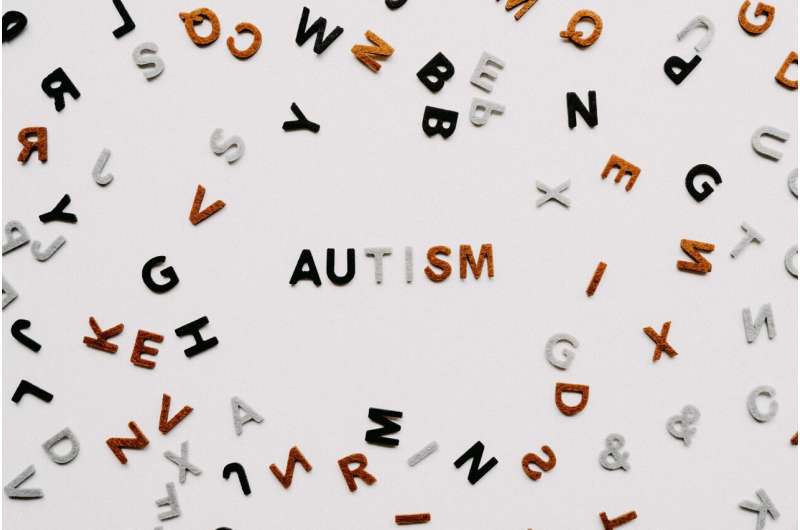Managing Family Dynamics When a Child Has ADHD

Discover strategies to maintain family harmony and support children with ADHD through realistic expectations and effective parenting approaches.
Attention deficit hyperactivity disorder (ADHD), whether presenting with hyperactivity or not, can significantly impact family life beyond the classroom. Families often face challenges such as stigmatization, persistent stress, and feelings of helplessness, which can be overwhelming despite the disorder's complex and sometimes controversial nature.
ADHD is the third most common mental health condition globally and the most prevalent among children. Its first documented symptoms appeared as early as 1798, described by Sir Alexander Crichton. While extensive research continues into its causes, ADHD remains a richly debated topic due to its diverse symptoms, intricate diagnosis process, and controversial treatment options.
From years of clinical experience with children and their families, and as a parent of two teenage girls with ADHD, I understand the common struggles faced daily. Recognizing these challenges helps in developing effective strategies to maintain family balance.
Effects of ADHD on Family Life
A 2021 study in Great Britain highlighted that parents of children with ADHD often experience heightened stress and conflicts within their relationships. How parents respond to their child's symptoms plays a crucial role, potentially leading to either criticism and rejection or permissiveness and overindulgence. Such responses can shape the parent-child relationship and influence the child's development.
Research also consistently shows that ADHD impacts two key areas: the child's educational experience and the overall quality of family life. Managing these impacts requires understanding, patience, and appropriate support.
Overcoming Stigmatization
Parents of children with ADHD can encounter stigmatizing attitudes, which adds to their emotional burden. A 2017 Spanish study found that judgments from extended family, teachers, and community members—often related to the child's behavior and treatment choices—can lead to feelings of distress, sadness, and helplessness. These reactions can evoke emotions similar to grief, such as anger and depression, and impair social and professional functioning.
Parental Stress and Child Development
Recent research indicates that parent stress partly derives from low parental competence perceived by parents themselves. Elevated parental stress reduces emotional availability, which can worsen a child's behavioral issues and exacerbate ADHD symptoms. As ADHD has a strong hereditary component, parents with ADHD may also experience frustrations and difficulties, particularly during stressful moments, thereby impacting family harmony.
Strengths of Parents with ADHD
Interestingly, parents with ADHD may possess greater empathy, tolerance, and engagement with their children. Their understanding of ADHD symptoms enables them to set realistic expectations and offer targeted support, significantly reducing conflict and parental distress. Education programs that equip parents with communication, resilience, and emotional management skills have been shown to improve their capacity to care for their children.
Setting Realistic Expectations
The American Academy of Pediatrics recommends that parents undergo training before diagnosing ADHD or initiating medication in preschoolers. Such preparation can help parents align expectations with their child's actual abilities, manage behaviors more effectively, and foster a more positive family environment. Realistic expectations regarding attention span and behavior can reduce negative perceptions and enhance parents' self-confidence, ultimately improving the family's quality of life.
In summary, focusing on improving family interactions and understanding their mutual influence can not only enhance the child's well-being but also strengthen the entire family unit. Emphasizing support, education, and realistic goal-setting provides families with practical pathways to navigate ADHD and maintain balanced relationships.
Stay Updated with Mia's Feed
Get the latest health & wellness insights delivered straight to your inbox.
Related Articles
Smartwatches Signal Early Indicators of PTSD in Individuals Following Coverage of October 7 Attacks in Israel
A groundbreaking study reveals that heavy media exposure after traumatic events like attacks can increase PTSD risk, with smartwatches playing a key role in early detection based on monitoring stress and well-being indicators.
Mobile Mindfulness Meditation Apps Show Promise in Enhancing Attention
New research demonstrates that mobile mindfulness meditation apps can effectively enhance attention control across age groups, utilizing objective eye-tracking measures beyond self-reporting.
Tailored Environments Essential for Autistic Adults: Moving Beyond One-Size-Fits-All Approaches
New research emphasizes the importance of personalized sensory spaces for autistic adults, advocating for flexible environments that accommodate individual preferences and needs beyond traditional designs.



